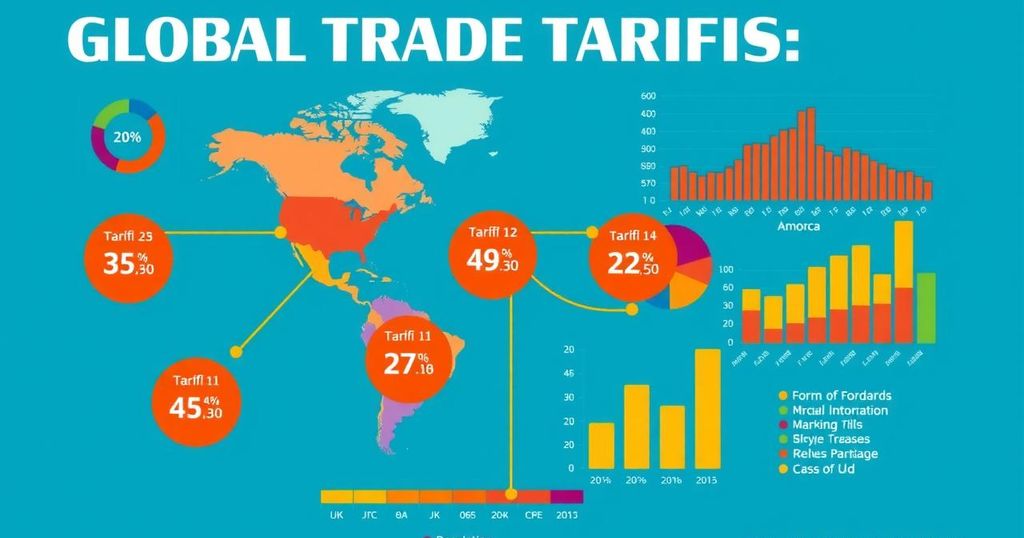The recent elections in Germany resulted in Friedrich Merz’s Christian Democrats likely securing the chancellorship, as voter turnout reached historic levels. This shift reflects public discontent with previous policies, especially regarding migration and energy dependence.
Germany is poised to welcome a new chancellor following an election that was forced ahead of schedule due to the collapse of the governing coalition last year. Chancellor Merkel’s party, while likely to continue in a reduced capacity, has seen a significant shift in voter sentiment. Furthermore, the influence of the Trump administration on the election appears negligible.
The election indicates a likely shift towards a more right-leaning government under Friedrich Merz, highlighting a resurgence of center-right politics in Germany. Voter dissatisfaction with previous leadership and handling of critical issues such as migration and energy policy has paved the way for this change. The implications of this election extend beyond Germany, potentially impacting the political landscape across Europe.
Original Source: www.nytimes.com




